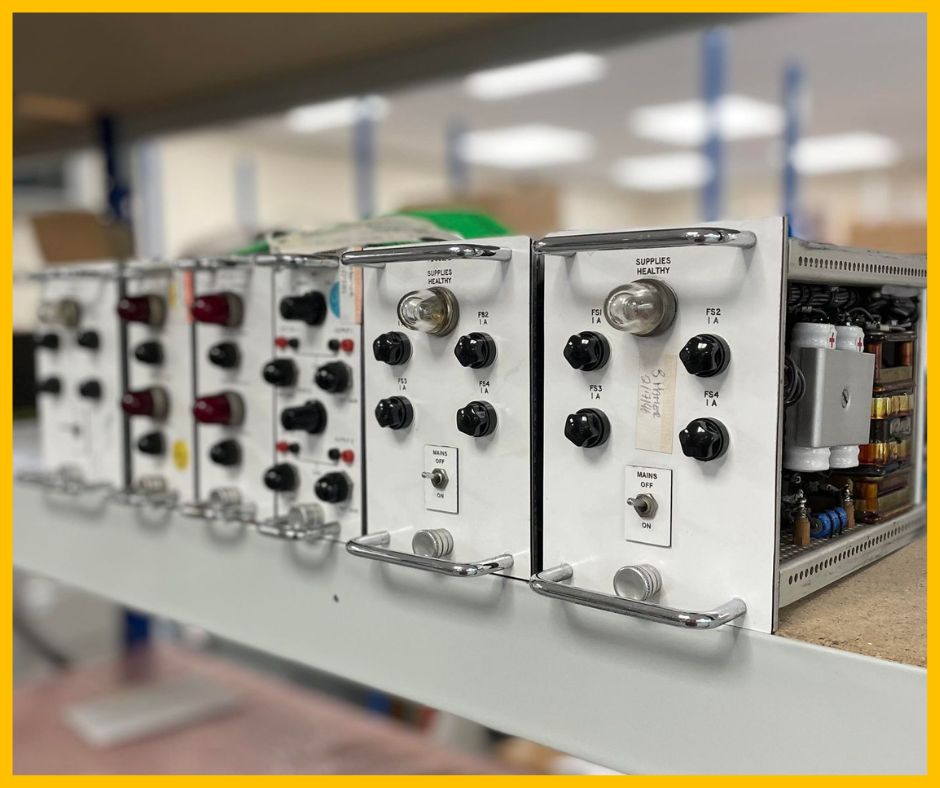“well that’s what you’ve always done”
Earlier this year we were invited to help inform Government Policy on Resources and Waste Strategy by the Department for Environment, Food and Rural Affairs (Defra).
The topics covered include circularity and sustainability of procurement and operations, our opinion on consumer trends, how we adapt to changes in the policy landscape related to resource and waste, and the way our organisation manages waste.
We’ve spoken about sustainability but more recently we’ve been thinking about the circular economy after a report found that global circularity is still in decline despite the circular economy ‘megatrend’.
“The circular economy is a system where materials never become waste and nature is regenerated. In a circular economy, products and materials are kept in circulation through processes like maintenance, reuse, refurbishment, remanufacture, recycling, and composting.” Ellen Macarthur Foundation
The report highlighted that the decline in circularity continues despite the concept of a circular economy growing in popularity, with the volume of discussions, debates and articles on the topic almost tripling in the past five years. The vast majority of extracted materials entering the economy are virgin, with the share of secondary materials declining steadily since the Circularity Gap Report began in 2018.
The share of secondary materials consumed by the global economy has decreased from 9.1% in 2018 to 7.2% in 2023—a 21% drop over the course of five years and consumption continues to accelerate. In the same period, we have consumed over 500 gigatonnes. That’s 28% of all the materials humanity has consumed since 1900.
“To walk the talk, governments and industries must break free of flawed development patterns that fuel socially- and environmentally-exploitative practices”
Have you read the report? How do we turn words into action? It’s something that is always front of mind for us especially as we offer industrial electronic repair and refurbishment services and high-integrity testing for a wide range of electronic circuit boards, modules and systems. We extend the functional life of essential, valuable equipment but how do reduce reliance on new parts and ensure materials never become waste?


